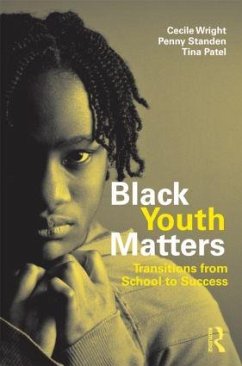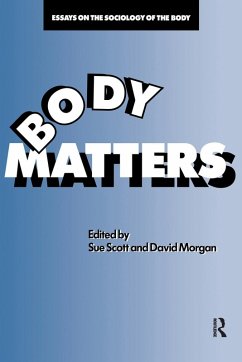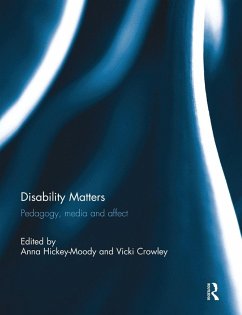
Early Childhood Matters
Evidence from the Effective Pre-school and Primary Education Project
Herausgeber: Sylva, Kathy; Sammons, Pam; Melhuish, Edward
Versandkostenfrei!
Versandfertig in 1-2 Wochen
55,99 €
inkl. MwSt.
Weitere Ausgaben:

PAYBACK Punkte
28 °P sammeln!
Early Childhood Matters documents the rapid development of early years education and care from the late 1990s into the new millennium. It chronicles the unique contribution of the EPPE research to our understanding of the importance of pre-school. The Effective Pre-school and Primary Education (EPPE) project is the largest European study of the impact of early years education and care on children's developmental outcomes. Through this ground-breaking project a team of internationally-recognised experts provide insights into how home learning environments interact with pre-school and primary sc...
Early Childhood Matters documents the rapid development of early years education and care from the late 1990s into the new millennium. It chronicles the unique contribution of the EPPE research to our understanding of the importance of pre-school. The Effective Pre-school and Primary Education (EPPE) project is the largest European study of the impact of early years education and care on children's developmental outcomes. Through this ground-breaking project a team of internationally-recognised experts provide insights into how home learning environments interact with pre-school and primary school experiences to shape children's progress. The findings of this fascinating project: provide new evidence of the importance of early childhood experiences show how these experiences influence children's cognitive, social and behavioural development give new insights on the importance of early years education will be relevant to a wide audience who are interested in policy development, early years education and care, and 'effectiveness' research examine how the combined effects of pre-school, primary school and the family interact to shape children's educational outcomes. This insightful book is essential reading for all those interested in innovative research methodology and policy development in early childhood education and care. It provides new evidence on good practice in early years settings and will have a wide appeal for students and those engaged in providing accredited courses of study at a range of levels in early childhood.














